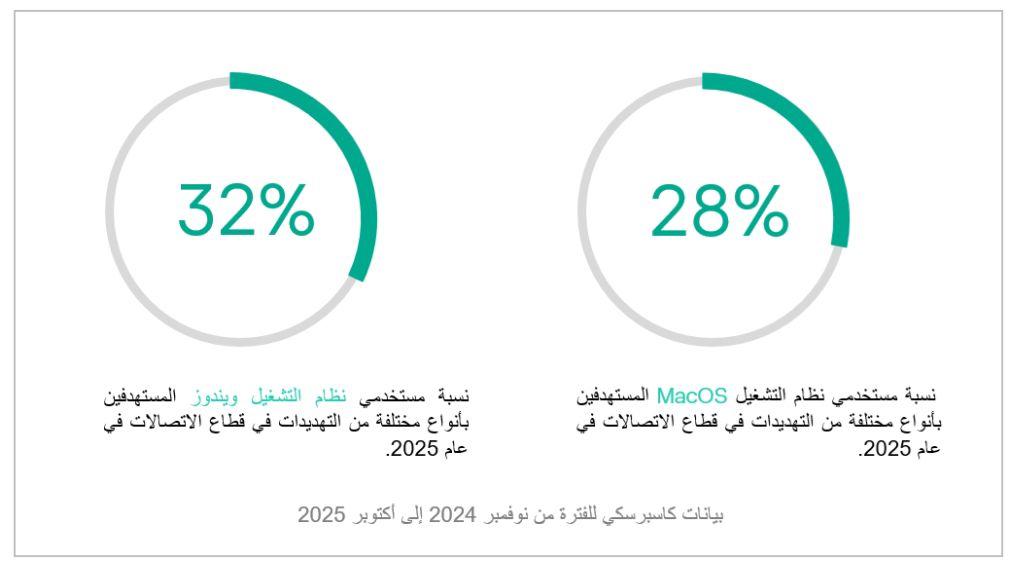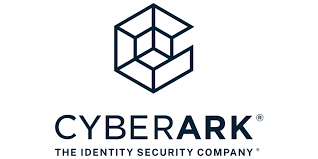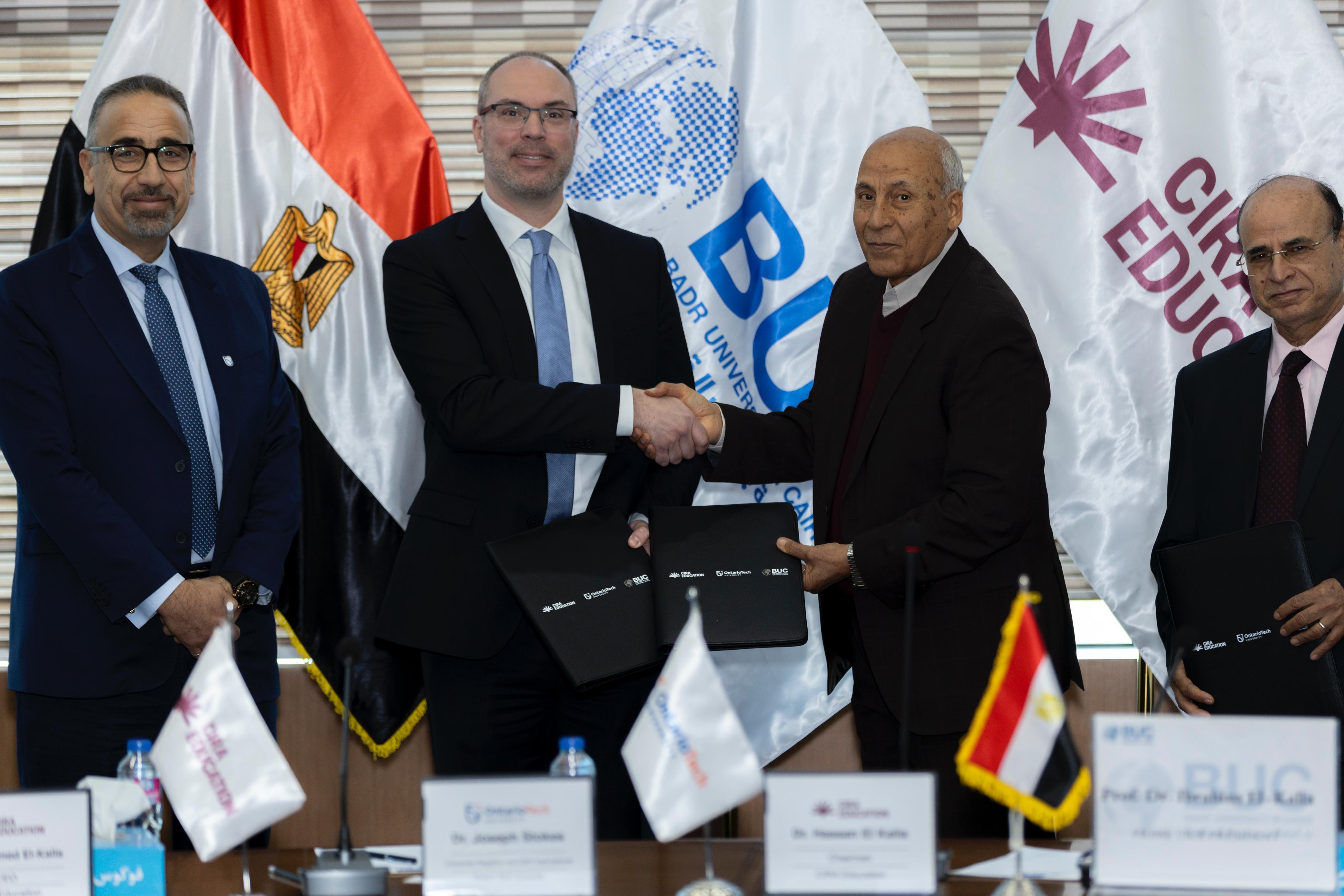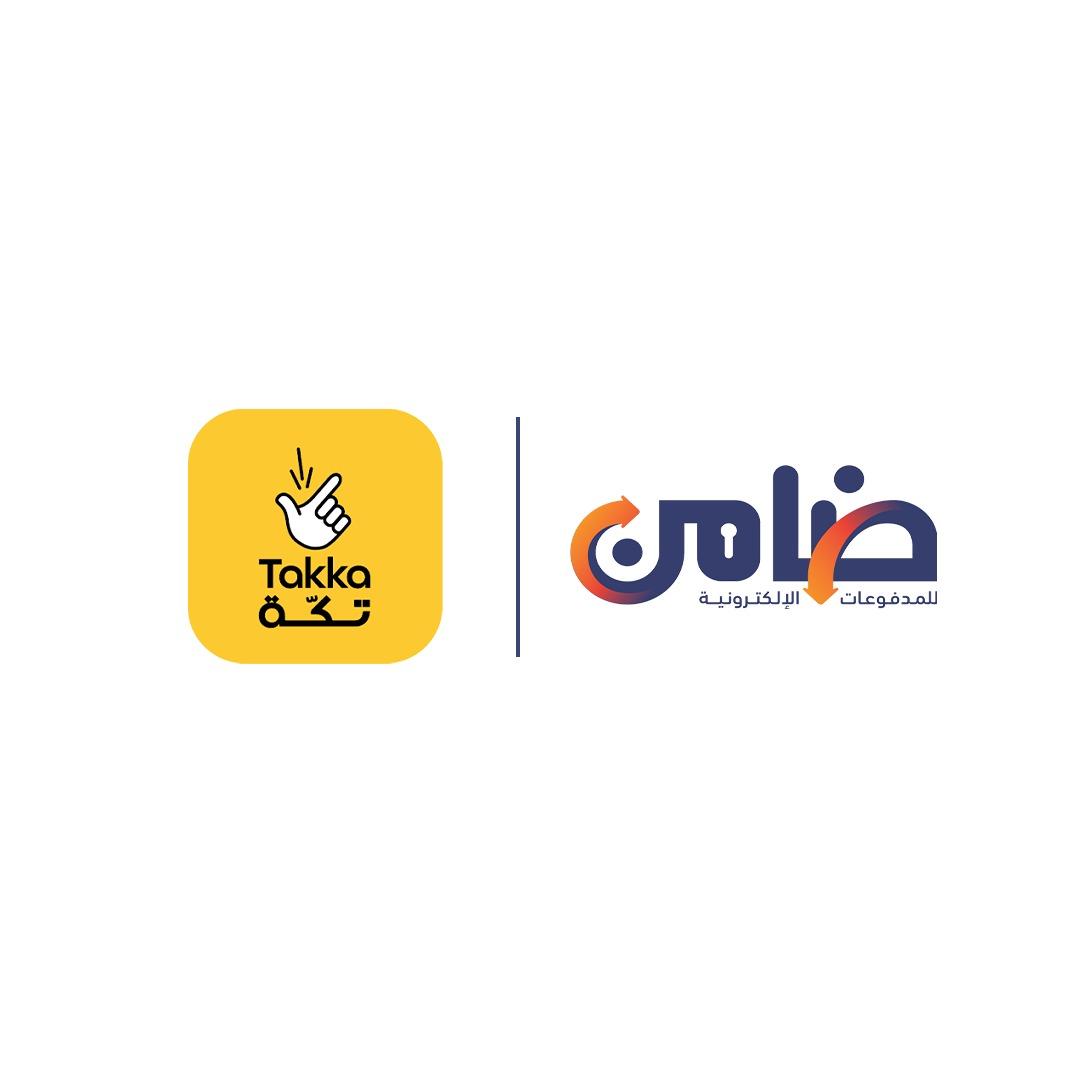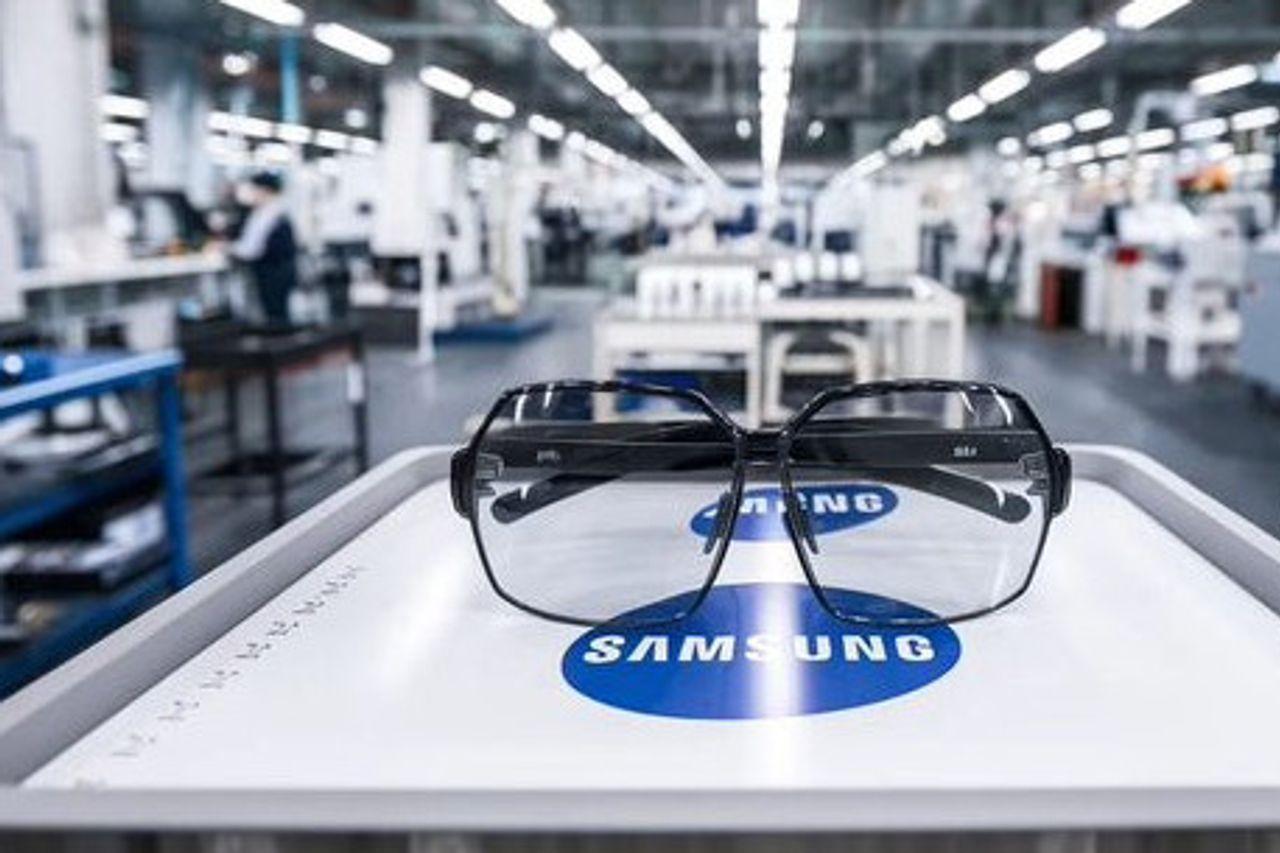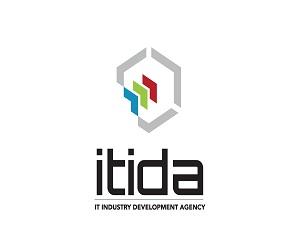Survey by The Marketing Society and Weber Shandwick finds only a third of organisations and divisions are within the equal or near-equal range of male-female representation in leadership
By: Basel Khaled
Just 31% of GCC marcomms professionals say their organisations or divisions have equal or near-equal male-female representation in leadership, defined as 40-60% in favour of any gender. The vast majority (54%) have indicated low representation, with almost a third citing very low representation in which women account for fewer than 25% of the leadership team. Only 30% said a woman held the most senior role in their marcomms organisation or division, with a title of CEO, CMO, MD, founder.
The data, from a Think Equal survey to both men and women in the region’s marcomms industry, shows a clear opportunity to strengthen diversity at the top. Links between diverse leadership teams and improved performance and profitability have been well-established through several studies in recent years.
On the upside, 70% of respondents say they are optimistic about future progress in gender equality in leadership roles within the GCC marcomms sector. The majority (53%) say that based on their experiences, encounters and conversations, they believed that progress has been made over the past two years. Almost a third (30%) say the right building blocks are in place, however 17% feel no meaningful progress has been achieved, signalling the need for more consistent, sector-wide efforts to create impactful and sustained change.
“The fact that our industry is observing progress, and feels optimistic about future acceleration of gender equality in leadership, indicate that we’re moving in the right direction. But momentum is vital so we can collectively grow the number of organisations and divisions with balanced representation – and make that the main mass. There’s clearly still a lot more that the GCC marcomms industry can and should do to unlock the leadership potential of women through active support, consistent awareness of possible bias, and effective targeted initiatives,” said Ziad Hasbani, Regional CEO of Weber Shandwick MENAT.
Results from the survey were shared at a mixed-gender event by The Marketing Society and Weber Shandwick, an Official Partner of Think Equal, the initiative which aims to accelerate gender equality in leadership across the marcomms industry in the GCC. ‘The Art & Science of Ethical Persuasion’ was held at MCN Hive in Dubai, with data presented by Alasdair Hall-Jones, Global Director of The Marketing Society and Katie Plant, Director at Weber Shandwick MENAT. The event also featured a science-based workshop by Leopold Ajami, a certified trainer on ethical persuasion.
The power to ethically persuade and influence in work and life is an invaluable skill, and it can also help create better results for women in leadership. As part of an engaging discussion segment, attendees considered how principles of ethical persuasion could address some of the obstacles slowing down gender equality in leadership. The survey found top barriers to be cultural norms and biases when hiring and promoting, while the top three key areas for improvement were recommended as addressing unconscious bias, championing more female role models in leadership, and increasing flexible working arrangements.
Specific ideas and discussion points from the event will also be considered for next stage development by the Think Equal Working Committee, a group of industry professionals from both brands and agencies. For more information, please visit https://www.marketingsociety.com/news/think-equal.






